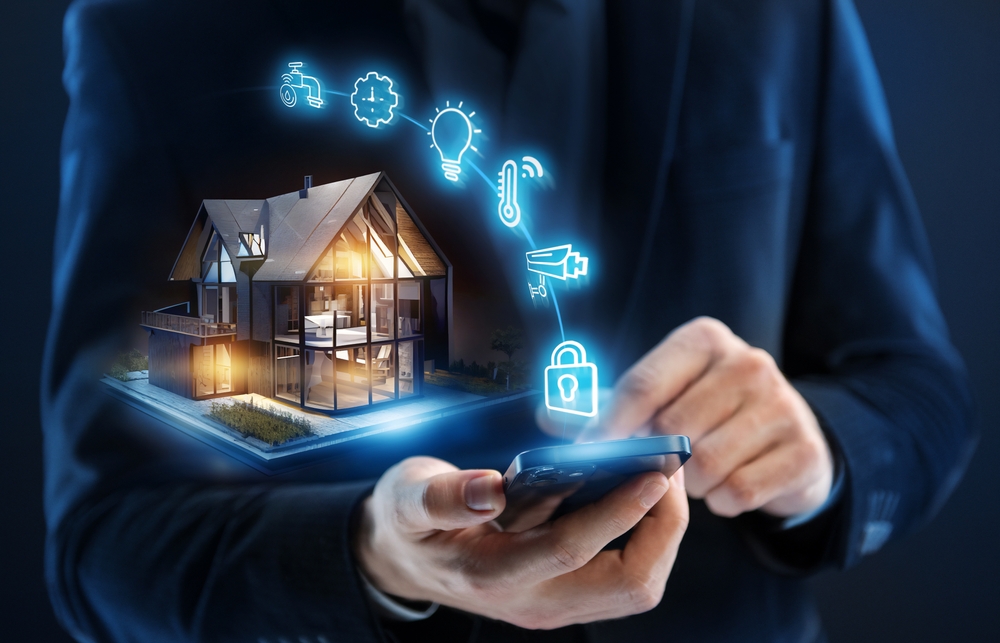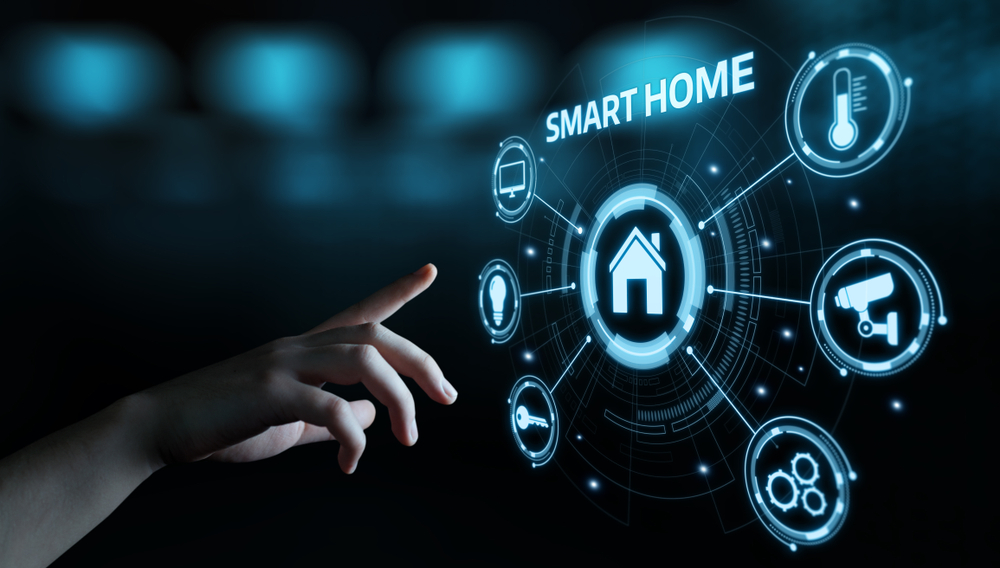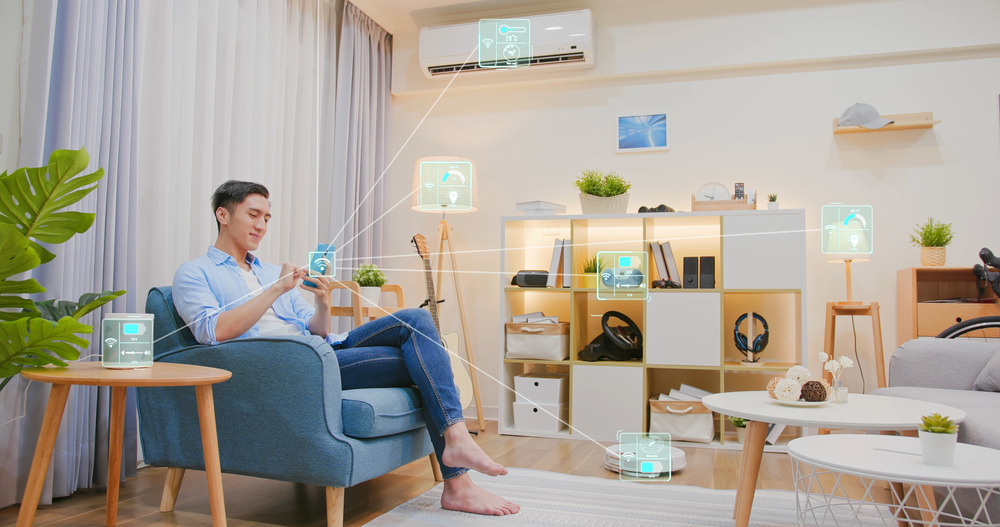The incorporation of smart home innovations has become synonymous with modern living in the fast-paced technological era of today. Beyond just being convenient, these technological advancements have a big impact on daily life, energy efficiency, and security. This article explores the most recent developments in smart home technology and shows how they are fundamentally changing the way that our homes and daily lives are designed.
- Security Reimagined: Smart home technology has gone beyond conventional lock-and-key systems to radically rethink the idea of home security. Advanced smart locks and security cameras are leading this revolution. Beyond the traditional, contemporary smart locks provide remote access capabilities that enable homeowners to keep an eye on and manage the access points in their house from anywhere in the world via a specialized smartphone app. Facial recognition technology adds another level of protection against unwanted entry, strengthening home security even more.
The incorporation of artificial intelligence has led to the evolution of intelligent intrusion detection systems. These systems swiftly identify family members from possible intruders by analyzing patterns and behaviors. They guarantee real-time monitoring with their sensors and motion detectors, sending out alerts and notifications right away in response to any unusual activity.

- Energy Efficiency Solutions: There is no way to overestimate the contribution that smart home technology makes to energy conservation. This saves homeowners a significant amount of money and is also consistent with environmental sustainability. This change is best illustrated by smart thermostats, which have evolved into user-friendly appliances that can recognize user preferences and automatically adjust temperatures to save energy. These gadgets also have remote control features, which enable homeowners to operate their heating and cooling systems from a distance and guarantee a comfortable home when they return.
Energy conservation is greatly aided by the integration of smart lighting systems. These systems use sensors to determine when a space is occupied, automatically changing the lighting intensity accordingly. Additionally, users can program lighting schedules to make sure lights are off when not in use. Moreover, intelligent curtains and blinds can be set to open and close in response to ambient light, reducing the need for artificial lighting during the day.
- Convenience Redefined: The promise of reducing everyday chores and providing homeowners with previously unheard-of convenience is at the core of smart home technology. Voice-activated virtual assistants, like Google Assistant and Alexa from Amazon, have become essential components of smart homes. With natural language commands, these intelligent systems can answer queries, assist with online shopping, and control a wide range of devices.
Smart appliances play a major role in this newfound convenience in the kitchen. Users can remotely check the contents of refrigerators with cameras, and smart ovens can be preheated while commuting home from work. Automating and streamlining daily chores, coffee makers, thermostats, and even vacuum cleaners integrate seamlessly into a centralized smart home ecosystem.
- Interconnected Ecosystems: One of the main draws of modern smart home technology is its ability to build interconnected ecosystems, in which systems and devices interact to improve overall performance. For example, a smart lighting system and a smart security camera can work together to discourage possible intruders by turning on lights when suspicious activity is detected.
Automation scenarios can be altered by homeowners to fit their tastes. For instance, a “Good Morning” ritual might include gradually adjusting the lighting, the thermostat, and even making a fresh pot of coffee. All of these actions could be prearranged or started by a single voice command. This degree of automation not only makes daily tasks more efficient, but it also elevates modern living.

Conclusion
To sum up, the development of smart home technology is a revolutionary step toward a future that is more connected, safe, and energy-efficient. Our homes are becoming more responsive and intelligent places to live, from convenience-driven gadget integration to intelligent security systems that adjust to changing needs. The lines separating the digital and physical aspects of our homes will become more hazy as these technologies advance, providing a window into the potential of a truly smart and connected living environment. Accepting these innovations improves our lives on a daily basis and helps build a more efficient and sustainable world where homes are dynamic, adapting to the needs and preferences of their occupants.


